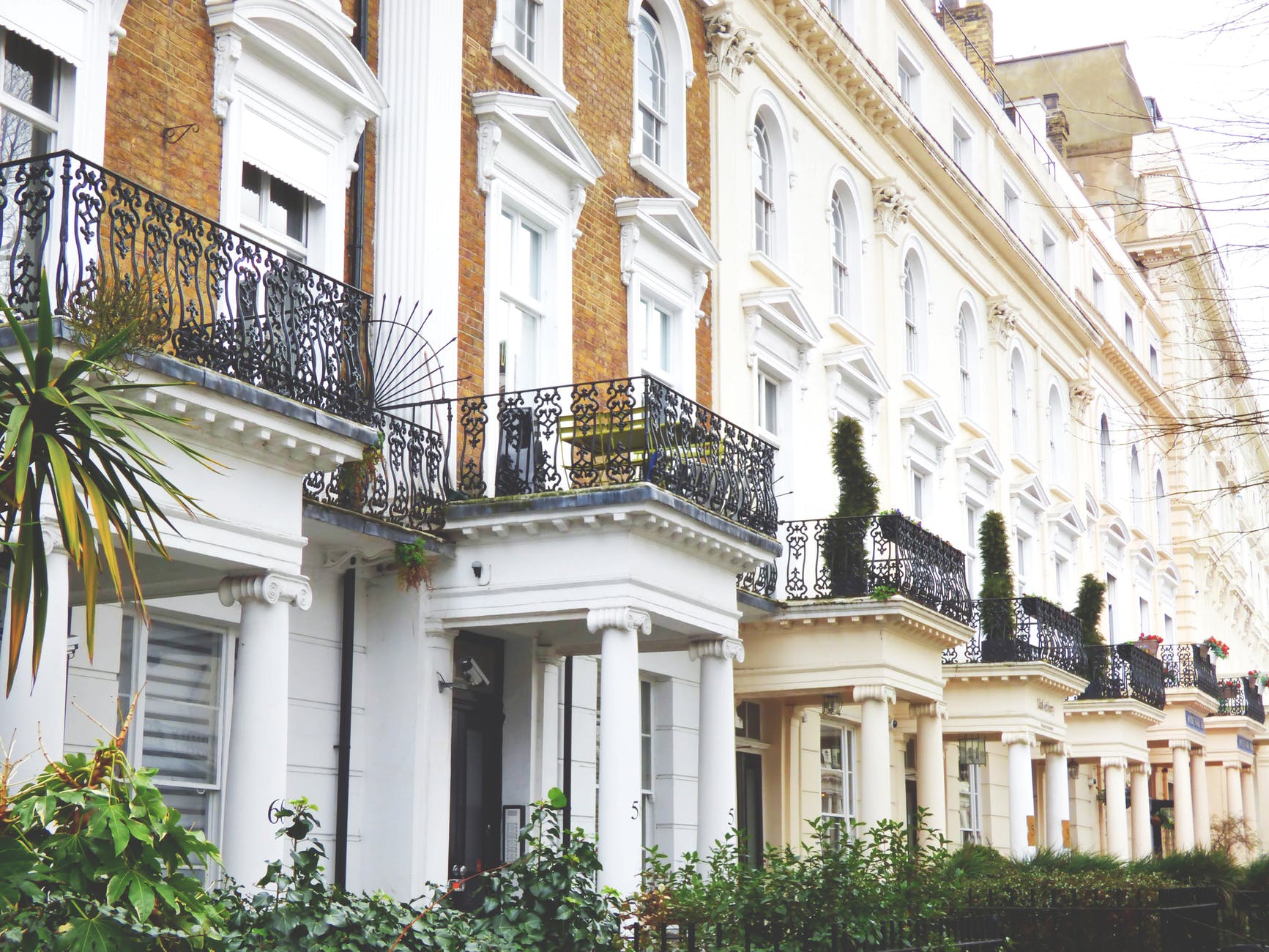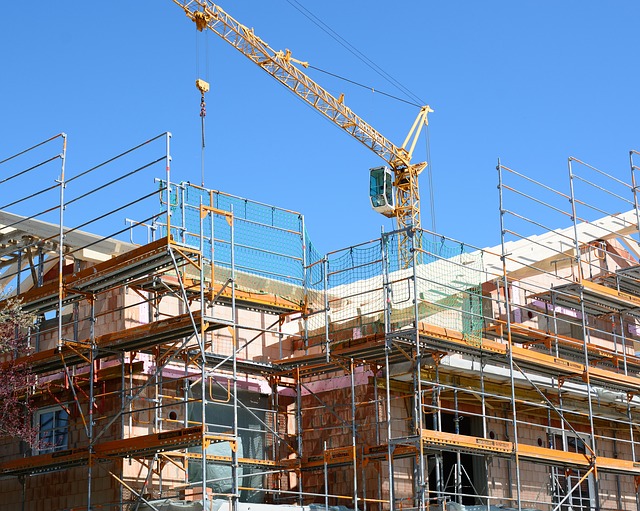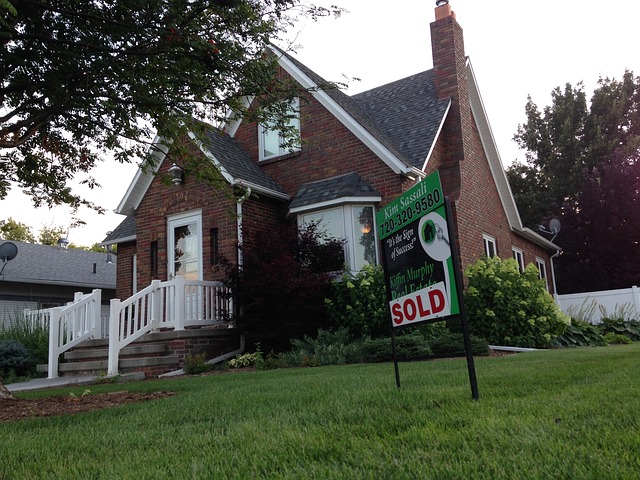March 20th, 2014.
Turning a House into Flats: How to Fund it

So you’ve done your research, worked the numbers and you’ve figured out that you could turn a tidy profit from converting your house into flats. But how much will it cost you to make this conversion? What kind of finance package do you need? Here’s everything you need to know:
Research the Market
Before doing anything else make sure that the flats you are planning to build will actually be wanted in that area – many first time developers make the mistake of not checking this and build unwanted accommodation which sits and stagnates on the market. This is an absolutely essential step and you need to ensure that you aren’t investing in a project that won’t leave the ground.
Some things that you need to factor into your consideration are:
- Social demographics – this can play a huge part in whether there will be more demand for homes or flats. Typically aging populations, young professional areas or places with high divorce rates will have a higher demand for flats, whereas areas that are manly families or couples will require houses.
- Current property market – what’s selling for more and what’s staying on the market for longer? If three bedroom homes aren’t selling but one and two bed flats are then it makes a lot of sense to convert.
- Who’s your buyer – are you aiming for young professionals, students or the elderly? Not only will this affect the type of conversion you are going for, it will need to be in the right location for their needs.
- Does the property lend itself to conversion – some buildings have more room than others and it only takes minor changes to make the conversion. Others properties may require extensions, entire central heating systems and structural changes to be made to be suitable.
When doing your research you can begin to work out the average cost of this type of property within your area. This then needs to be compared to the cost of conversion in order to find out what your profit margin will be and therefore if it is a worthwhile project.
Cost of Conversion

Provided that the existing structure is sound and you can use the existing kitchen and bathroom in the house, the average cost of a conversion from a house to flats is roughly £15-25k. This is for basic modifications such as putting up stud walls, installing bathrooms and central heating units.
This cost will differ greatly depending on the size of the property, number of flats you are converting, cost of the builders and materials you are planning on using. There are many things you will need to consider when budgeting for the costs, including:
- Planning consent
- Building regulation approval
- Fitting new utilities meters (gas, water, electricity)
- Installing new kitchen/ bathroom
- Finance for development
- Separate boilers/ heating systems
- Separate water system
- Installing a second entrance
- Decoration
This is not a project to be undertaken lightly and, depending on the scale of the project, may take up to 6 months to complete.
If this is your first property development project then read our top tips on kick-starting your career here. This covers important aspects such as calculating your return on investment and planning an exit strategy.
Finding Finance
When purchasing a house that is going to be converted into flats, you cannot simply use a residential mortgage or similar loan. This means that unless you already have the cash for the conversion itself, you will need to take out specialist development finance.
This is different to a typical mortgage in that it is designed to provide you with the capital you need to obtain and convert (if the property is already owned by you it will only be the latter) and gives you flexibility when the project is finished to find a buyer or tenant. Depending on the type of conversion, and your specific situation, there are different types of development finance that you may require – find out more here.
If you’re planning on renting out the flats after the conversion then you will need to acquire a HMO mortgage. These are designed to suit properties that have multiple occupants living there – for example, two or more families or a group of individuals. Getting the best rates here is vital as this will be where your profit margin is made – talking to HMO mortgage brokers will help you to secure the best possible deal.
Selling or Renting?

One of the biggest decisions you’ll need to make in relation to this development is whether you would get a greater return from selling or renting the newly built flats. If you are after an immediate input of equity, then selling may seem like the obvious choice, but you could be receiving up to 20% return on investment every year by renting.
In certain cases your choice may be made for you based on what the current market is doing. If people simply aren’t buying flats then you will have to rent them out – this can provide a steady cash flow until the market changes, giving you the option to sell.
To find out more about the decision to rent or sell, visit this post, we discuss the capitalization rate and provide the figures you need to determine whether you will receive the biggest profit by selling or renting.
Whatever type of finance you need talk to our friendly, knowledgeable brokers today about finding a package to suit your needs. We deal with everything from development finance to HMO mortgages, so get in touch today and get started on building your future!





